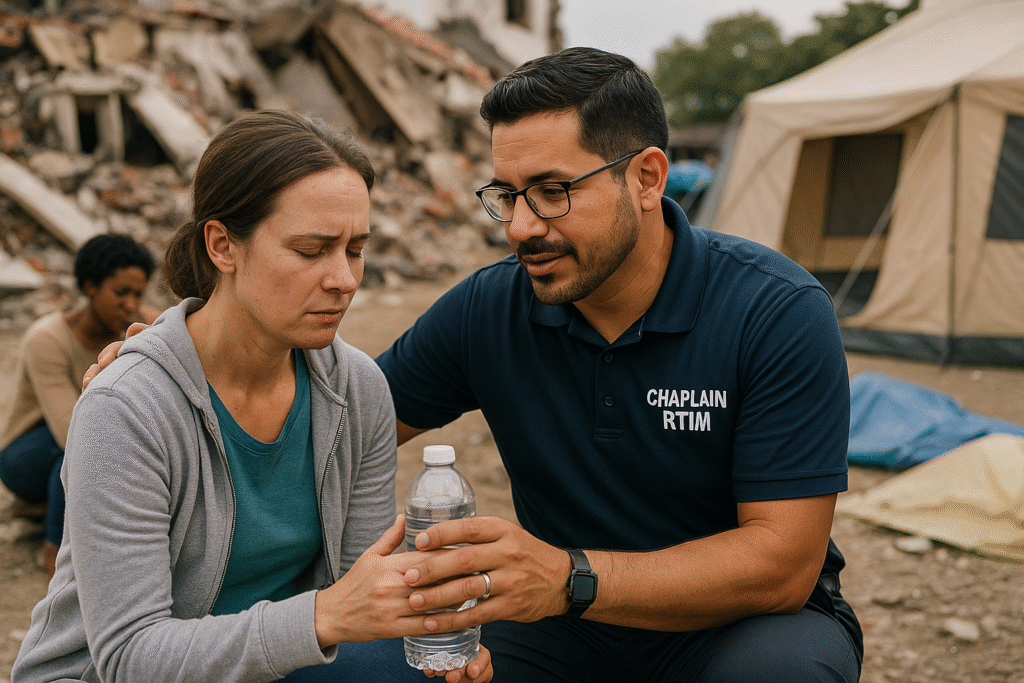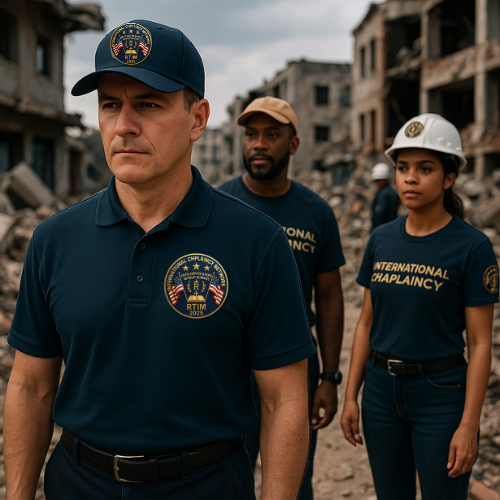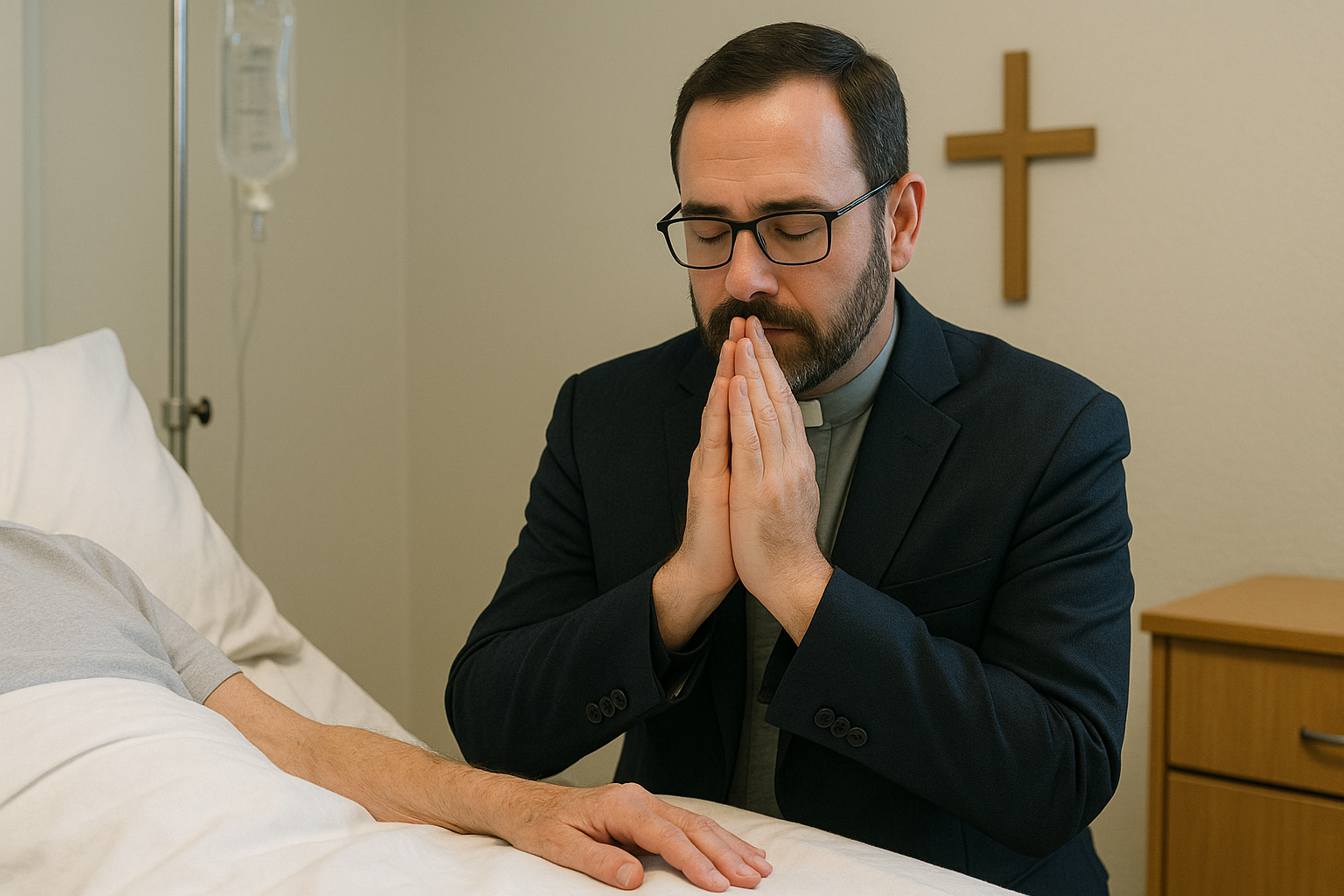In moments of crisis—whether in hospitals, prisons, workplaces, or disaster zones—people are often left vulnerable, searching for hope and guidance. In these critical times, chaplains play a unique and powerful role. More than emotional support, they bring spiritual care, pastoral presence, and practical guidance to individuals and communities navigating uncertainty and trauma.
1. Chaplains as First Responders of the Soul

When disaster strikes, physical needs like food, shelter, and medical care are often the first priorities. Yet, emotional wounds and spiritual questions can be just as urgent. Chaplains provide emotional first aid, listening with compassion, offering prayers, and creating safe spaces where people can begin to process their pain.
🔹 Example: In hospitals, chaplains sit with families in waiting rooms, bringing calm in moments of fear and helping them hold on to hope.
2. Spiritual Care Beyond Boundaries
Unlike traditional clergy who serve one congregation, chaplains are trained to serve across cultures, faiths, and backgrounds. This allows them to bring dignity and care without barriers. Their work goes beyond religion; it is about meeting people in their moment of need with respect, empathy, and unconditional presence.
🔹 In prisons, chaplains often support both inmates and staff, creating bridges of reconciliation and healing.
3. Crisis Response in the Field
Chaplains are increasingly deployed in disaster zones and emergencies, working alongside first responders. They provide calm under pressure, helping survivors cope with shock, grief, or loss while supporting rescue teams emotionally and spiritually.
🔹 After natural disasters, chaplains often walk through debris-filled streets, praying with families who have lost everything and bringing reassurance that they are not alone.
4. The Lasting Impact of Chaplaincy
The presence of chaplains during crisis moments leaves a lasting impact. Even years later, survivors often remember the words of encouragement, the prayer whispered in the dark, or the comforting presence that reminded them they were seen and valued.
Chaplains embody the call of faith, service, and hope without borders. They remind us that in every moment of despair, there is still dignity to preserve and compassion to give.
Biblical Perspective
“The Lord is close to the brokenhearted and saves those who are crushed in spirit.”
(Psalm 34:18)
This verse captures the essence of chaplaincy in crisis: a ministry of presence, reflecting God’s closeness in the darkest of times.
Conclusion
Crisis will always be a part of human life—but chaplains ensure that no one suffers alone. Their work is a vital bridge between the physical and spiritual needs of people in moments of chaos. As communities continue to face challenges, the role of chaplains will remain indispensable, offering light, hope, and care without borders.




